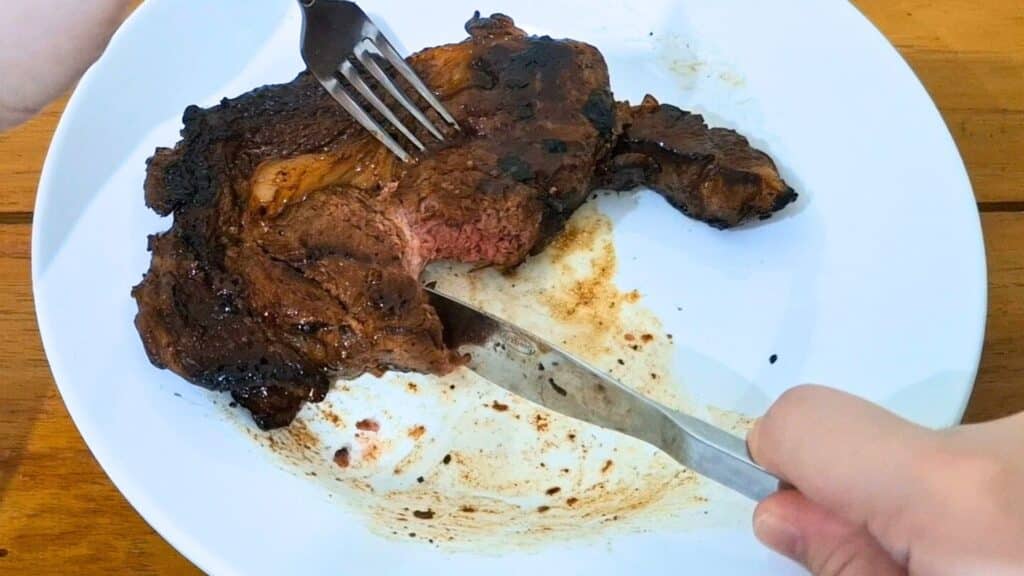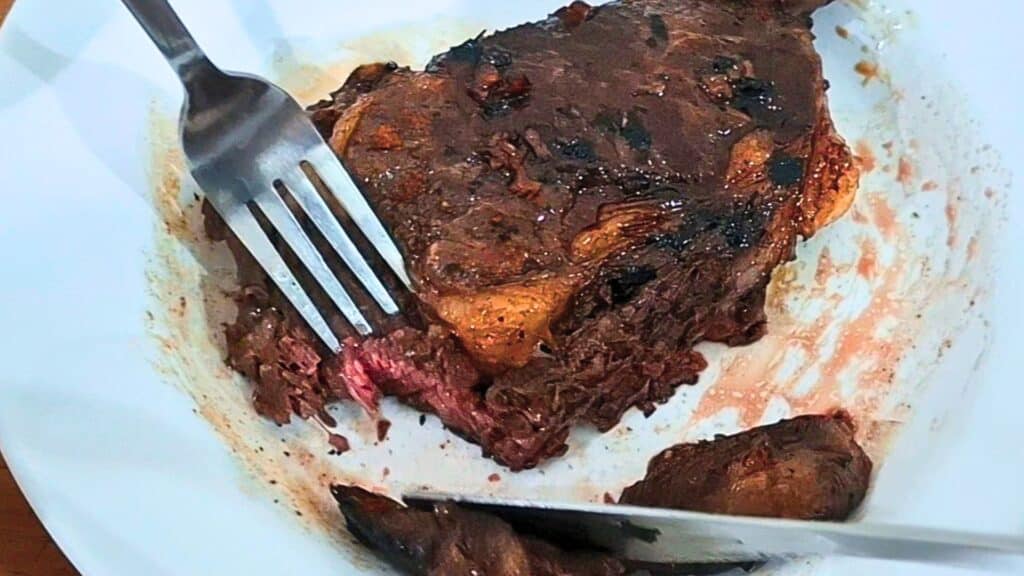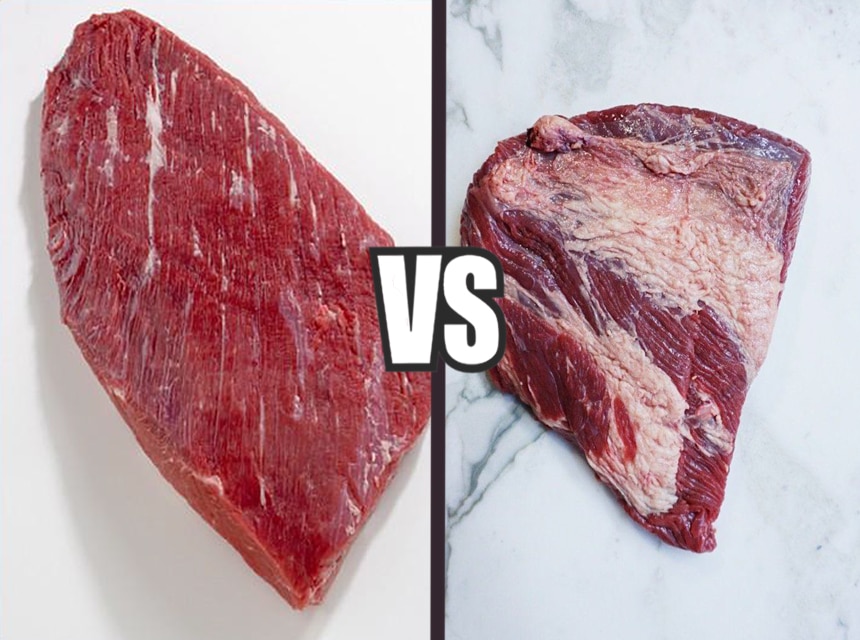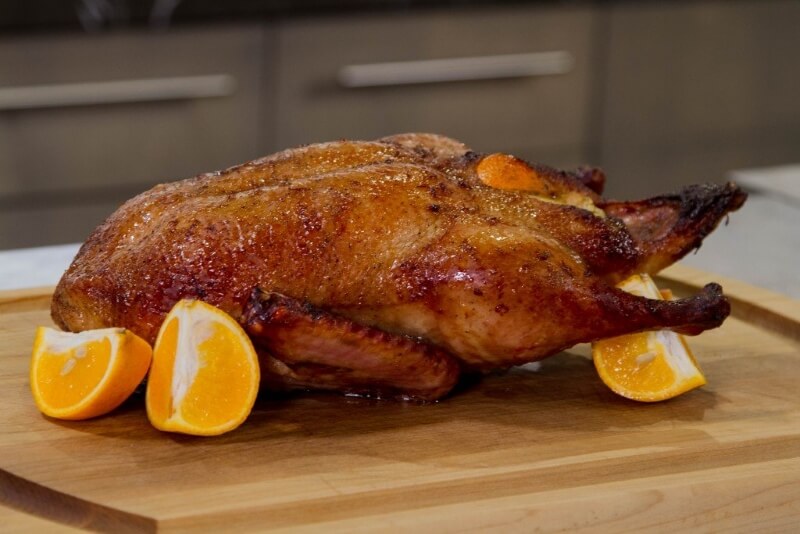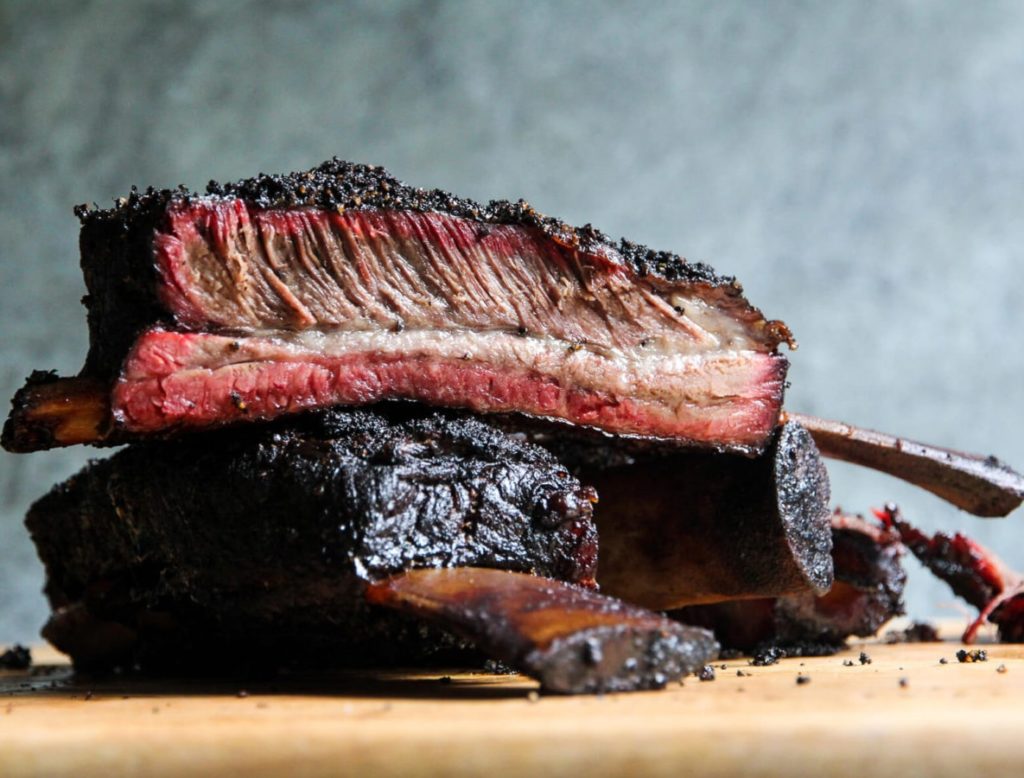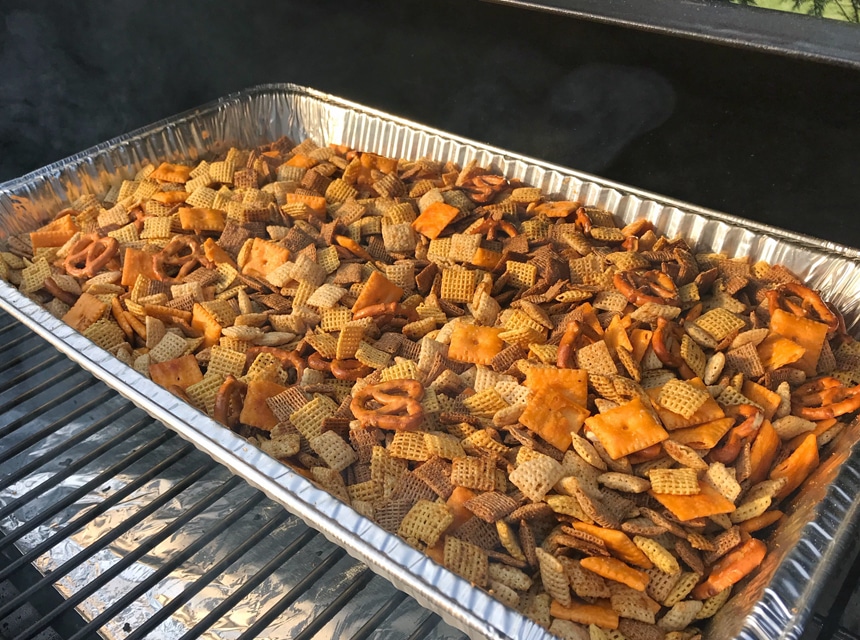

Knowing how long to smoke a pork shoulder at 250 is one of the secrets to culinary success. This is true whether you are making a delicious pulled pork sandwich for a family picnic, a classy braised Asian pork shoulder with bok choi for a company, or simply plan to serve it up for a Sunday dinner with potatoes and gravy. The simple truth is that pork shoulder is flavorful and fatty meat that becomes very tender if you cook it over low heat for many hours. Pork shoulder is a very cheap cut of meat with a lot of marbling, and the slow cooking process melts fat down to create rich taste.
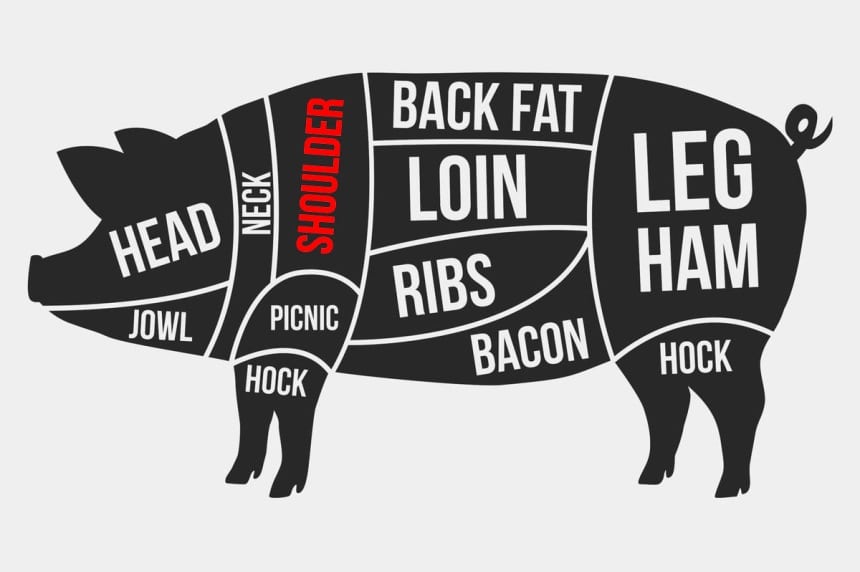
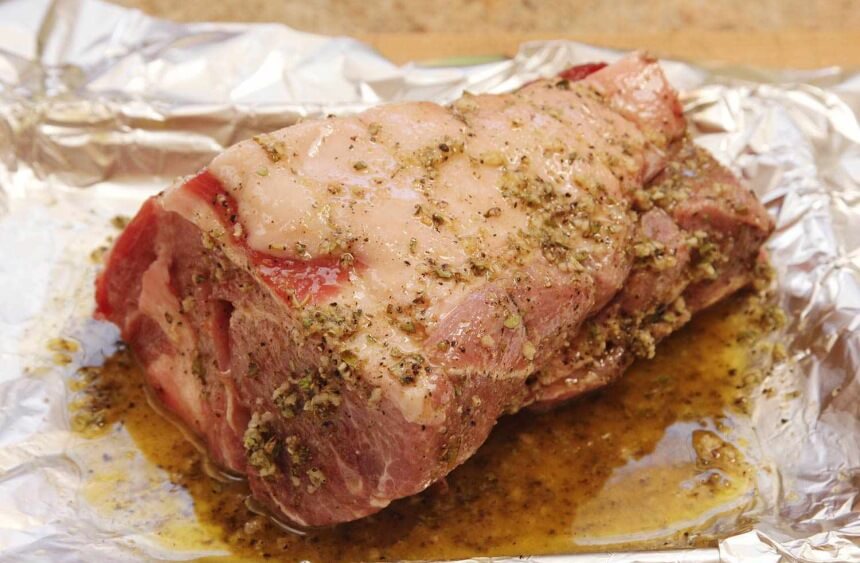
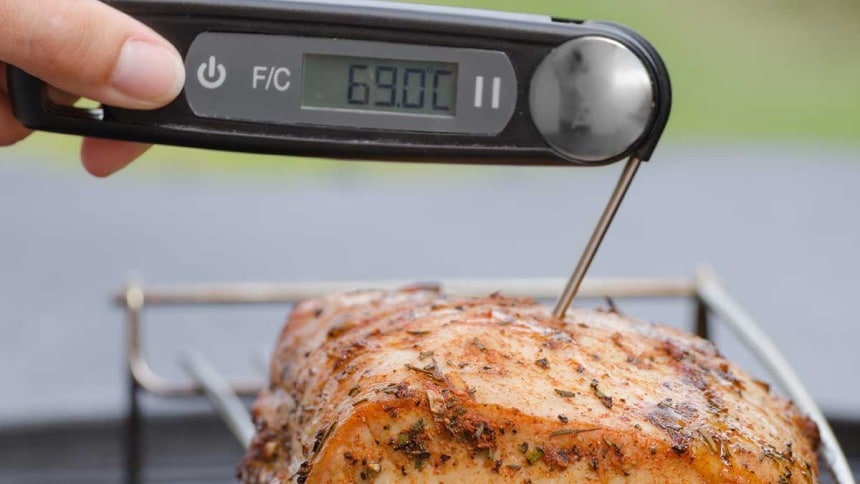
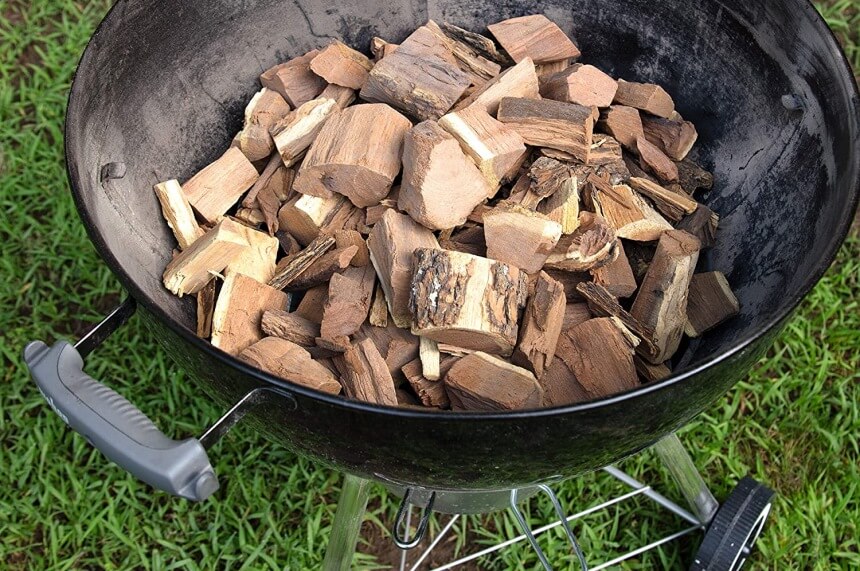
The classic go-to is Maple because the wood has that long slow burn required for hours of smoking. You can buy eight competition-grade mini-logs of Kiln-dried Maple Cooking Wood mini-logs Camerons Store. If all you have is oak or pine or other types of wood, you can always buy maple or alder mini logs and stick them on top of the burning woodpile.
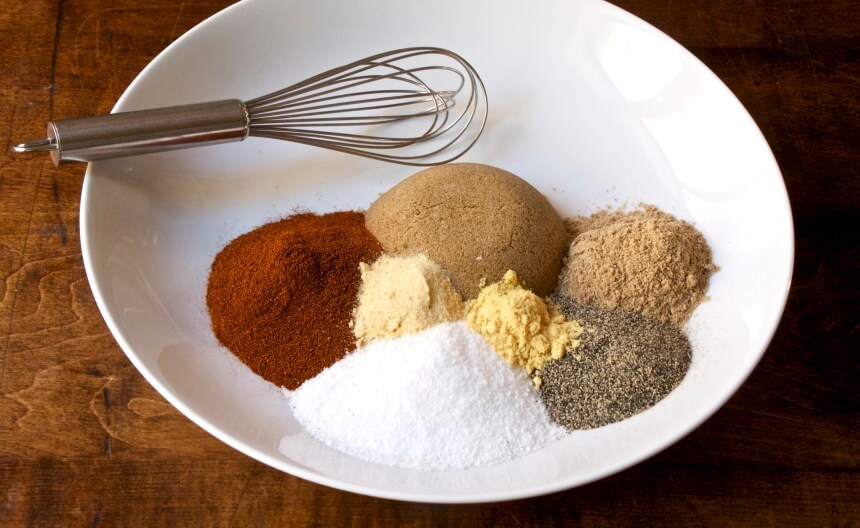
Pork butt also suits sweet and spicy mixes, like the Flying Swine Sweet N’ Spicy BBQ Rub, an award-winning honey and habaneros mix that can be used wet or dry. Hawaiian pineapple and pepper recipes for pork shoulder are popular, as are Asian versions that use teriyaki, soya, and hot chilies.
Some flavors never go out of style, such as the salt, pepper, garlic powder, onion powder, and nacho chili mix that composes American Seasoning & Rub. Then there are the traditional American pulled pork recipes that use colas with a hot sauce like Frank’s to marinate the meat.
Infuse Your Pork With An Injector
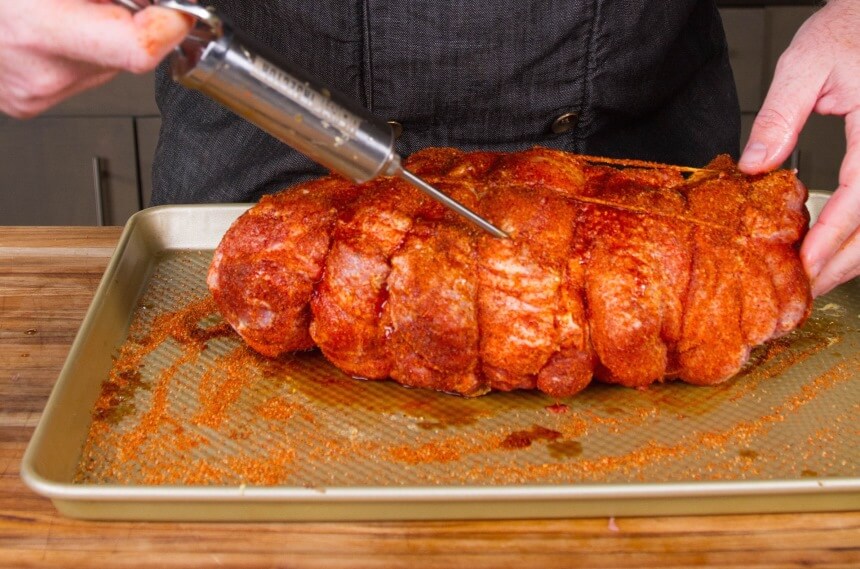
Spray Instead of Baste Your Pork
You can use any steel basting push or spoon to baste the meat. Many chefs put a mix of sauce and vinegar in a spray bottle and the top of the pork shoulder every hour to help give it a tasty garnish.
Keep The Lid on That Smoker
Don’t baste that pork butt too often because you risk adding 15 minutes to half an hour to your cooking time every time you lift the lid.
For one reason or another, you may not have the ten to twelve hours it takes to cook your pork butt, in which case you can remove the pork shoulder from the smoker after four hours of smoking. Wrap it in aluminum foil and smoke it for another hour until it reaches 205F.
The money muscle is part of the pork butt that is opposite the blade bone side. When it is being smoked, it is fatty enough to create a nice “bark”, which is the fatty cooked crust of the meat. If you cook it just right, you will win the first prize in the bbq contest or sell the most bbq pork sandwiches on the block.
If you have bought a specialty wood for smoking pork, you will want to store it in a dry place. However, not everyone has that garage or storage shed on their property. Use Firewood Cover to keep our specialty smoking’ wood dry and all in one place.
Pork shoulders have been cooked over low fire while wrapped in banana leaves or other materials since primitive times. It is simply a timeless way to cook meat. Perhaps the biggest revelation for some chefs is that smoked pork is the same thing as a smoked butt. When looking up recipes, it might be a good idea to look up both. Remember to choose a shoulder with a firm money muscle and lots of fat and use a marinade or dry rub, or even a premixed spice mix in a meat injector. Then smoke that pork at 250 on a good wood like alder or maple for 12 hours, and let it rest for an hour before serving up a tasty pork feast.
